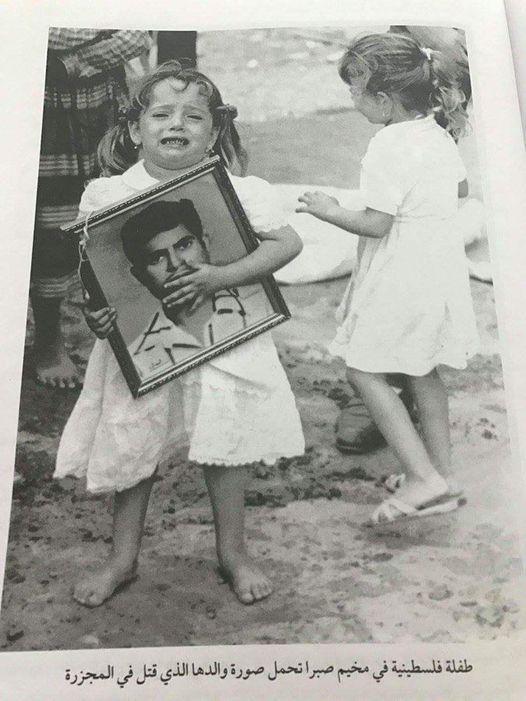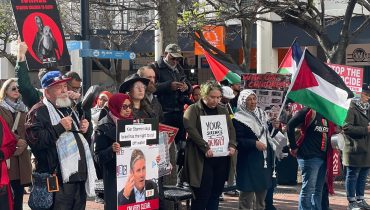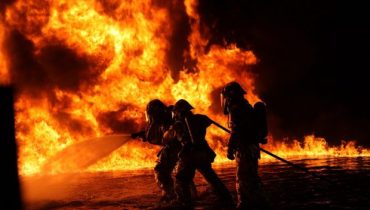The genocide in Gaza is an extension of the massacre carried out by the Israeli occupation forces in Sabra and Shatila 42 years ago.
This is the assertion of Gaza-based journalist, Akram al Satari, who was speaking on the commemoration of the Sabra and Shatila massacre. From the 16th – 18th September 1982, the Israeli army in collaboration with the members of the Phalange party, brutally tortured and killed nearly 3 500 Palestinian refugees. Most of which were women, children, and the elderly, in the Sabra and Shatila refugee camp located in Beirut.
Al Satari said that while the Palestinian murder rate has far exceeded the events of 1982 in Lebanon, the Israeli atrocities in Gaza are being live documented to the world, with little being done to stop the murders.
“Now, around 41 000 Palestinians have been killed, 11 000 of whom are Palestinian students who are below the age of 18. This also gives insight the mass death that has been caused and the nature of the people who were affected by those ongoing bombardments.” said al-Satari.
Al-Satari stressed that the situation in Gaza is still catastrophic and that the history is replicated with the loss amongst the Palestinians being much higher than that in 1982. He added that the incidents taking place in Gaza now, reflect the replication of misery of the Palestinians, and the continuation of the occupation.
Sabra and Shatila massacre occurred during Israel’s invasion of Lebanon, aimed at dismantling the Palestine Liberation Organisation. Despite international outrage and calls for sanctions, key figures like Ariel Sharon faced no serious consequences.
The massacre remains a stark reminder of the ongoing suffering and struggle for justice among Palestinians.
Gaza is still catastrophic and that the history is replicated with the loss amongst the Palestinians being much higher than that in 1982.









